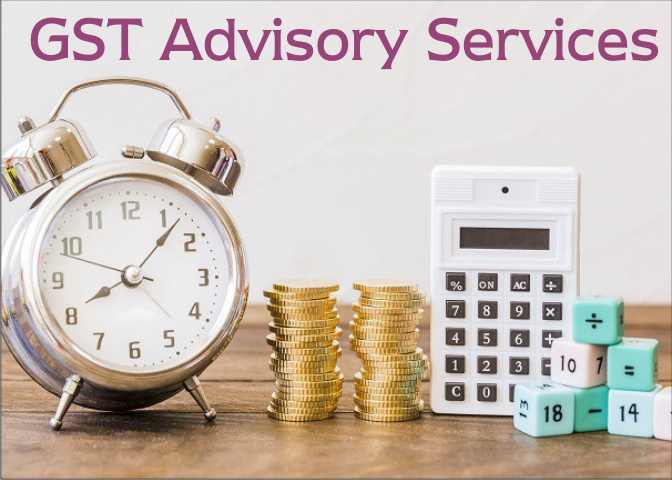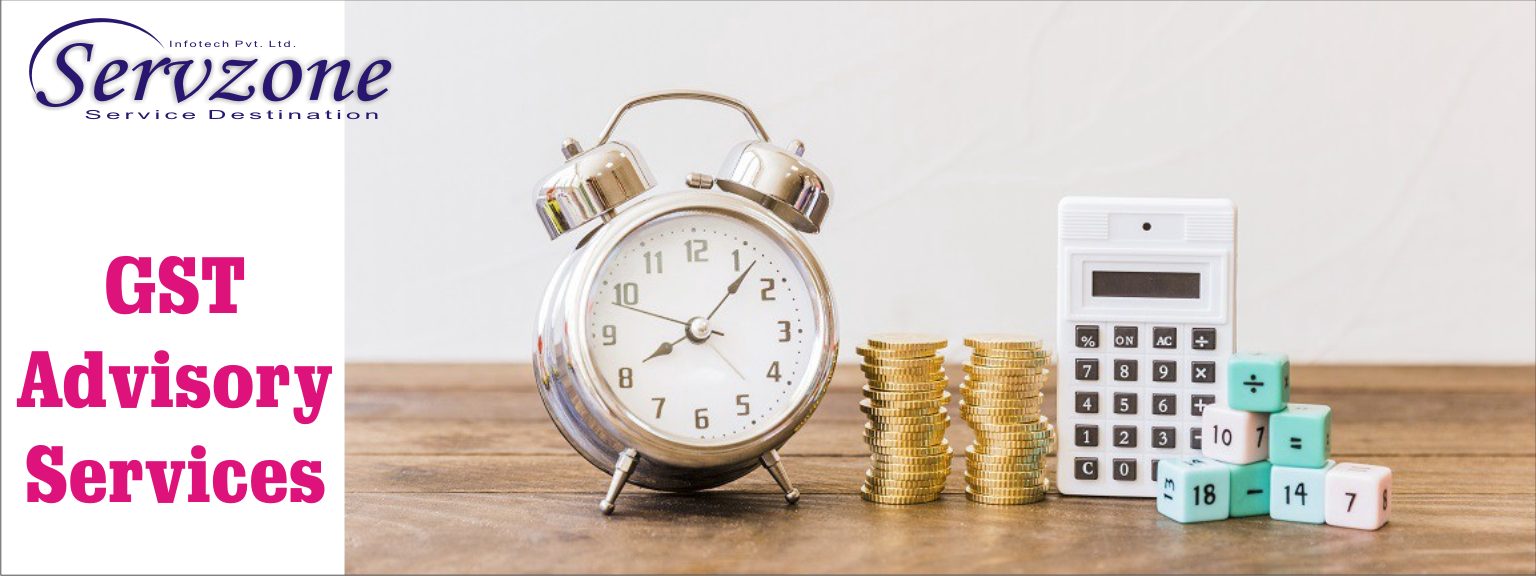Get Started With
servzone
Overview
On 1st July 2017, Government of India has introduced the concept of Goods and Services Tax (GST). It is implemented on all business activities performed in India. GST is the largest indirect tax reform in India since independence. GST is a PAN-India single unified tax imposed on Goods and as well as services, levied only on ‘value added’ to goods and services at each stage in the economic supply chain. GST has not only changed the tax pattern in India but is expected to impact hugely on each facet of business operations conducted in the country such as supply chain optimization, pricing of products and services, IT, accounting and tax compliance systems. GST will have its effect on tax structure, tax incidence, tax computation, tax payment, compliance, credit utilization, and reporting, moving towards a complete overhaul of the current indirect tax system.
Servzone has been intimately involved in providing GST Advisory Services. We work with business units and help them out in drafting policies that will have a positive impact on their operations. We provide a host of GST advisory services such as covering the impact of GST on the business of clients, examining different market scenarios of business models, legislative business level implementation assistance, transition management and undertaking key compliance.
Broad Impact Assessment
- Create particular “concept level” impact areas
- Convert impact areas into areas of opportunities
- Work with organization’s policymakers to minimize the impact areas
- Figure out the ways in which opportunities could be improved
GST Rates
Rates under GST will depend upon the type of goods and services. Currently, the slab rates are 5%, 12%, 18% and 28%. The rate for gold is 3% and 0.25% for rough stones.
Registration Process
Section 22 to Section 30 of the CGST Act, 2017 deals with the process of registration by the every supplier of goods and services. Note on registration under GST with effect from 1st April 2019.
- Every person who is engaged in supply of services and whose aggregate turnover exceeds Rs. 20 lakhs in case of the States of Manipur, Mizoram, Nagaland and Tripura and whose aggregate turnover exceeds Rs. 40 lakhs for rest of the States, shall be liable to be registered under this act in the state or union territory, from where he makes of taxable supply of goods or services or both;
- Every person who is engaged in supply of goods and whose aggregate turnover in a fiscal year exceeds Rs. 40 lakh in case of the States of Arunachal Pradesh, Manipur, Meghalaya, Mizoram, Nagaland, Puducherry, Sikkim, Telangana, Tripura, Uttarakhand and whose aggregate turnover exceeds Rs.40 lakhs (for rest of the States), shall be liable to be registered under this act in the state or union territory, from where he makes of taxable supply of goods or services or both;
- Companies engaged in export of services are also required to complete the GST migration process and obtain a GST Registration number to be entitled to tax exemption on the export of services outside India.
- In case of inter-state sales, GST Registration is mandatory irrespective of turnover.

Benefits
- GST removes the cascading effect of tax
- Higher threshold for registration
- Composition scheme for small businesses
- Number of compliance is less
- Defined treatment for E-commerce operators
- Improved efficiency
- Unorganized sectors is regulated under GST
GST Advisory Services
Evaluating the fiscal impact of GST on business and product pricing, through evaluation of key parameters include:
- Change in tax rates
- Change in time and place of supply rules for goods or services or both
- Evaluating impact on outward supplies including goods and services
- Valuation mechanism under GST, including incidence on free of costs supplies, stock transfers, discounts, incidental supplies and supplies to related parties
- Analysing position on availability of input tax credits – credit restrictions or additional tax credits on procurements of goods and services; and,
- Basis the above parameters, assessing the Impact of GST on Company’s operations, select products and working capital.
Advise on realigning the operations to ensure tax efficiency:
- Identifying alternate business models to ensure tax efficiencies and credit-optimisation
- Evaluation of the alternate business models identified based on the tax costs involved
- Identify potential risks and suggest suitable mitigating strategies, associated with the identified models and,
- Define the business model / contractual scenarios after discussions with the management that could be taken up for implementation.
Advise on implications under the anti-profiteering provisions under the GST laws:
- Ascertaining the impact of GST on the prices of products and services in view of additional tax costs / credits
- Advising on the appropriate pricing mechanism to be adopted considering the additional savings / burden and the legal provisions
- Advising the appropriate safeguards to be adopted and,
- Representing before the Regulatory authorities constituted for Anti-profiteering.
Ensuring steps for smooth GST Transition:
- Implementation of changes in business processes such as establishing processes for billings, devising a system for receiving advances / payments
- Guidance on eligibility of specific credits that could be available under GST regime
- Evaluating and updating the eligibility and transferability of existing Input tax credits
- Assistance in preparation and uploading of statutory Forms for Transition of credits
- Guidance in relation to the manner of recovering tax from customers
- Highlighting key areas for negotiation, with vendors / customers, pertaining to the contractual arrangements
- Assistance in obtaining GST registrations or migrating existing registrations and,
- Preparation and updating of compliance manuals.
IT Functional Advisory
- Studying the existing IT System, basis blueprints and flowcharts shared with us, to provide the tax triggers and mapping for each of the business transactions
- Evolve logics basis the changes introduced in law including those for transition of credits
- Configuring tax rates and updating master file basis the scheduled rates
- Advise on the reports to be generated from the system for GST purposes
- Advise on the structuring of invoices, credit notes, debit notes and other related documents
- Conducting UAT Testing of the GST version of the IT systems and reporting the observations and,
- Final testing of the IT systems and provide a compliance report.
Customised GST Trainings
- Customised internal trainings for organisational requirements for Finance, Taxation, Legal, Commercial, Sales and Marketing departments; and,
- Trainings for vendors, suppliers and customers.

GST Registration

PVT. LTD. Company

Loan

Insurance


